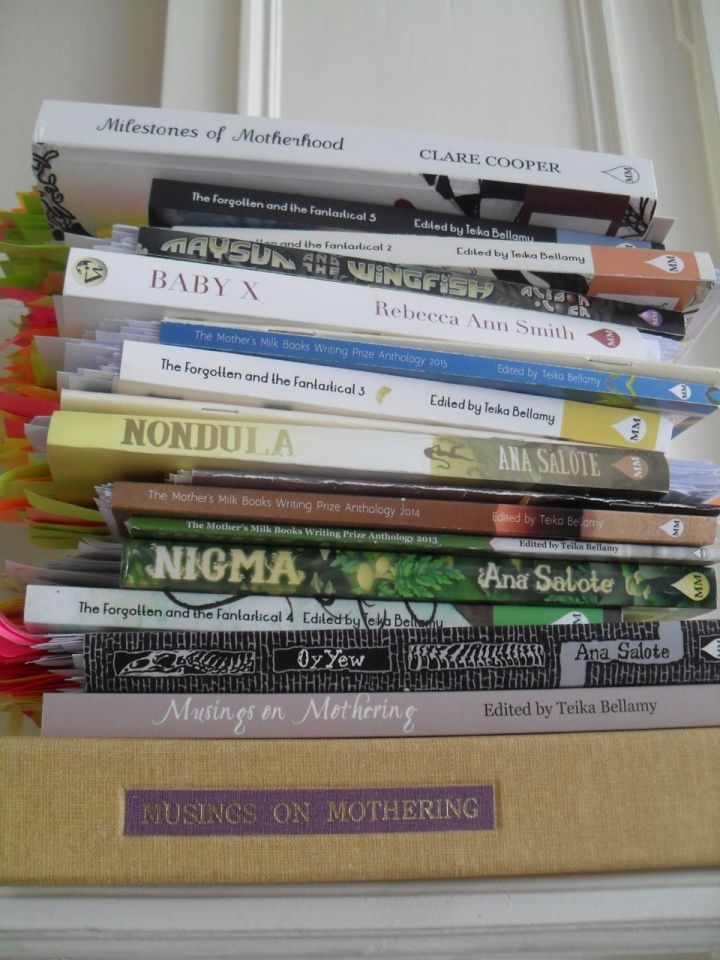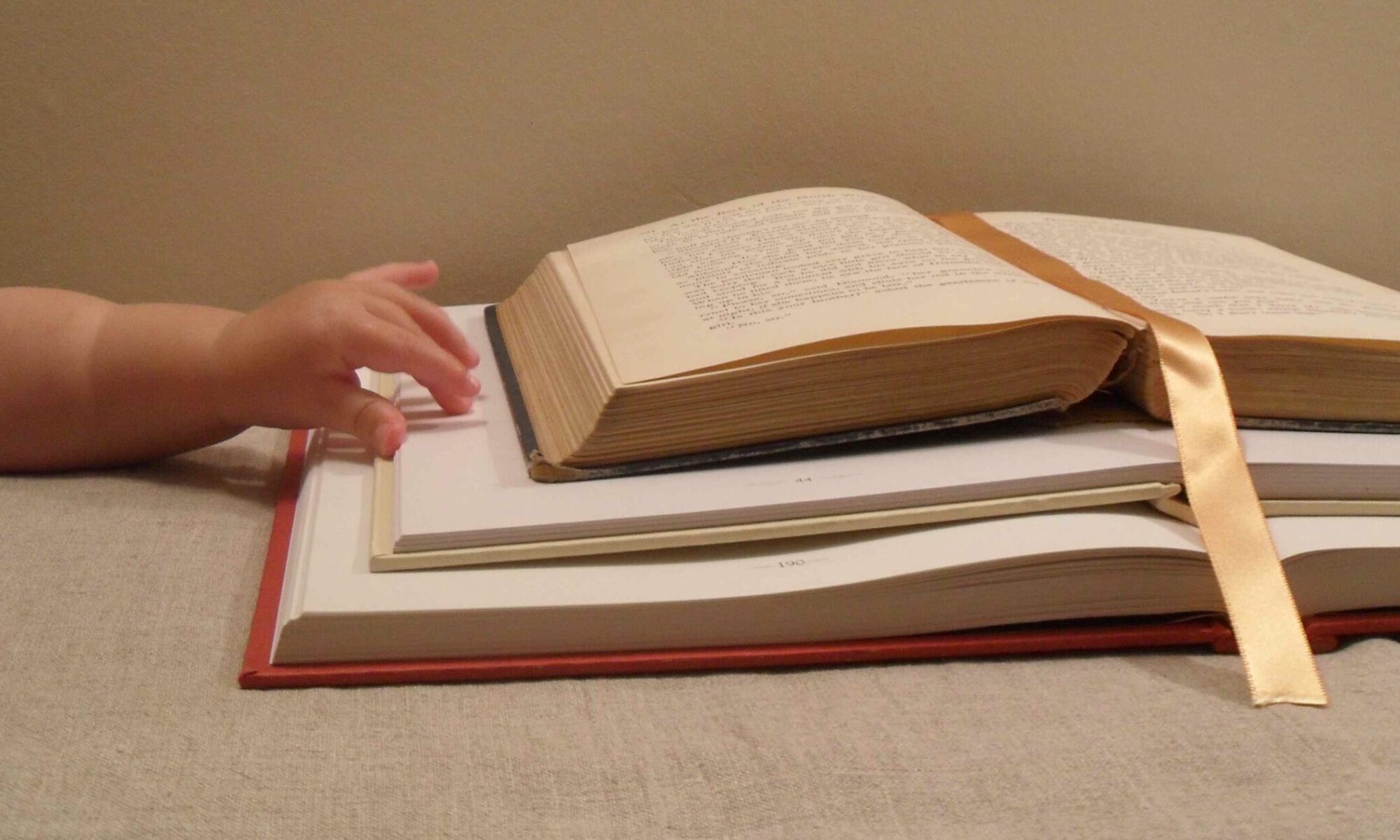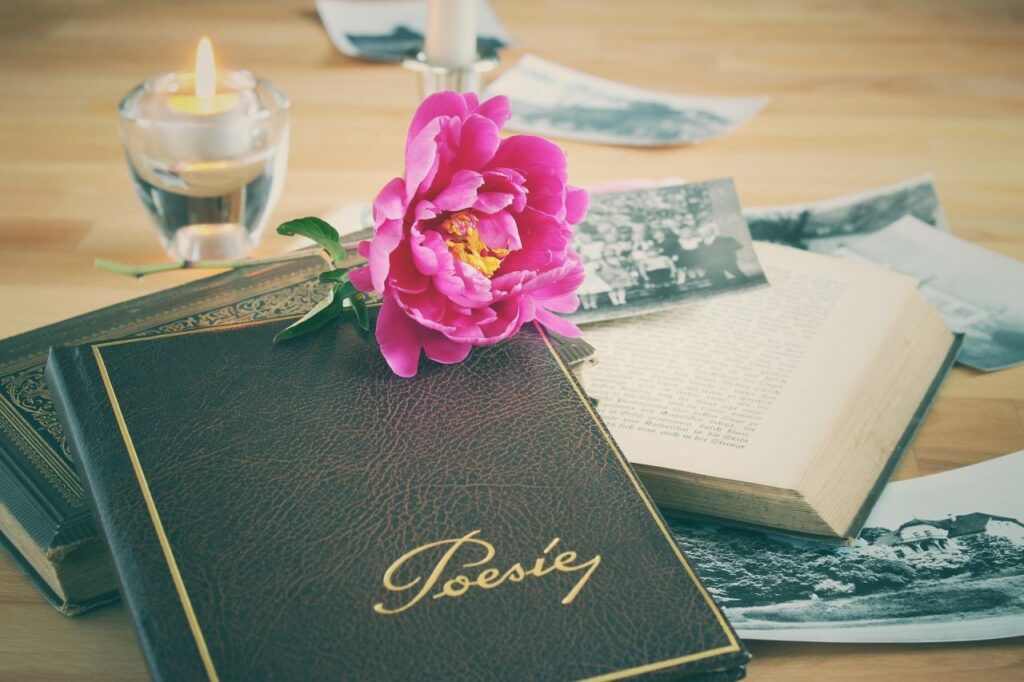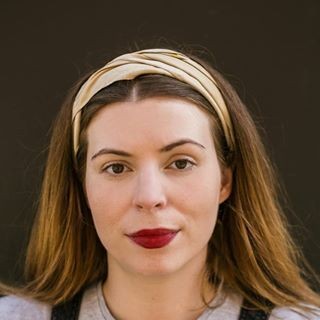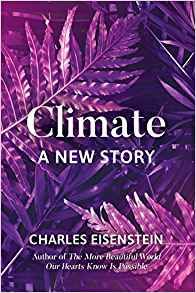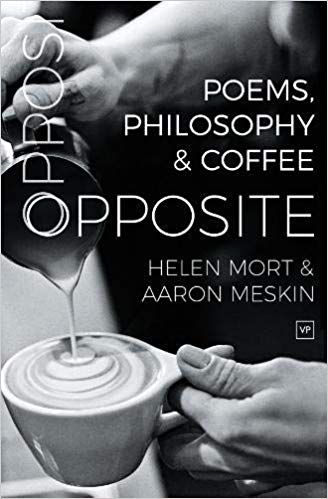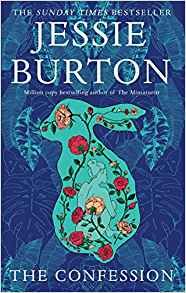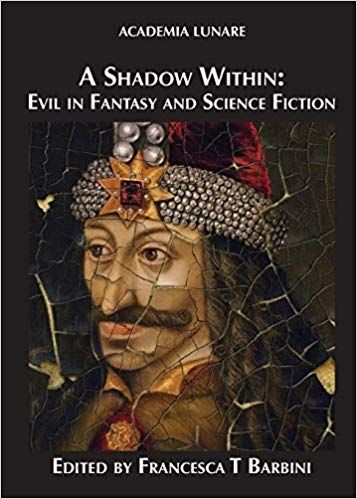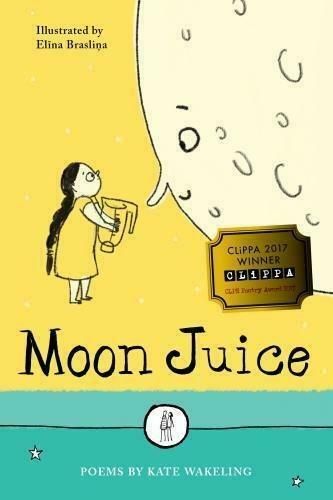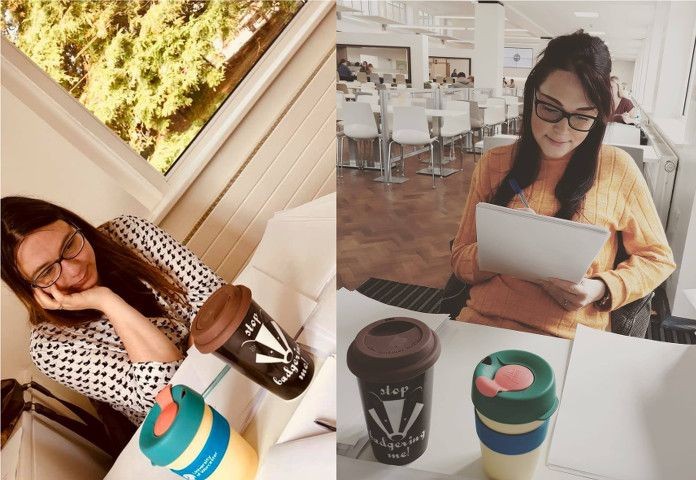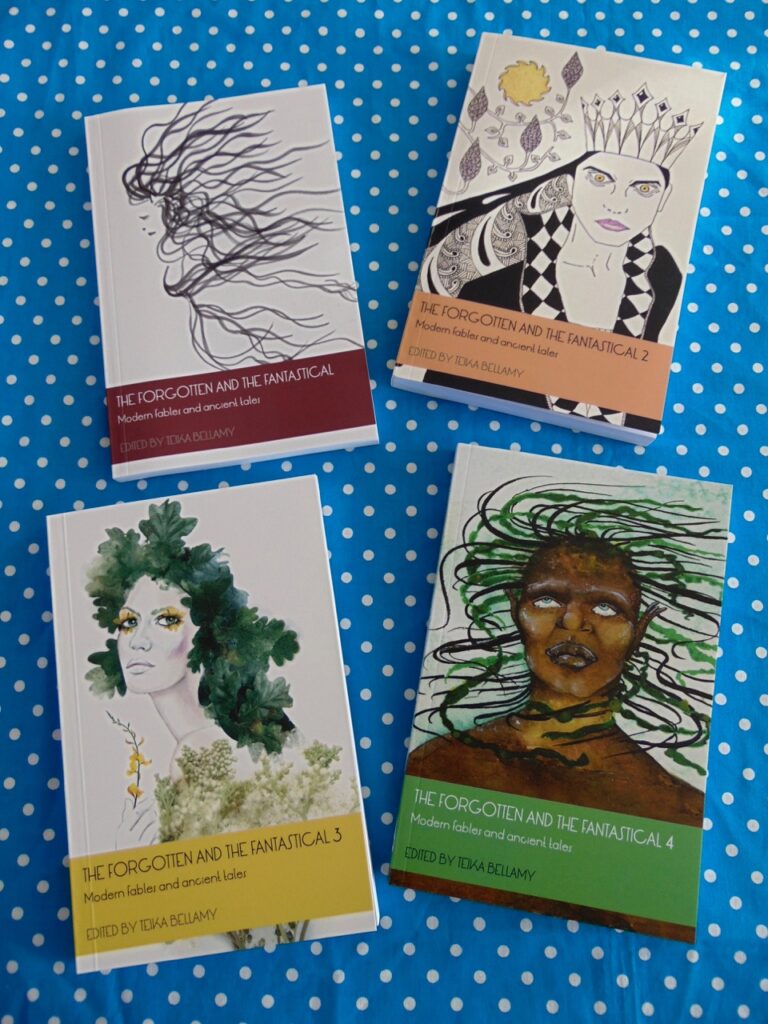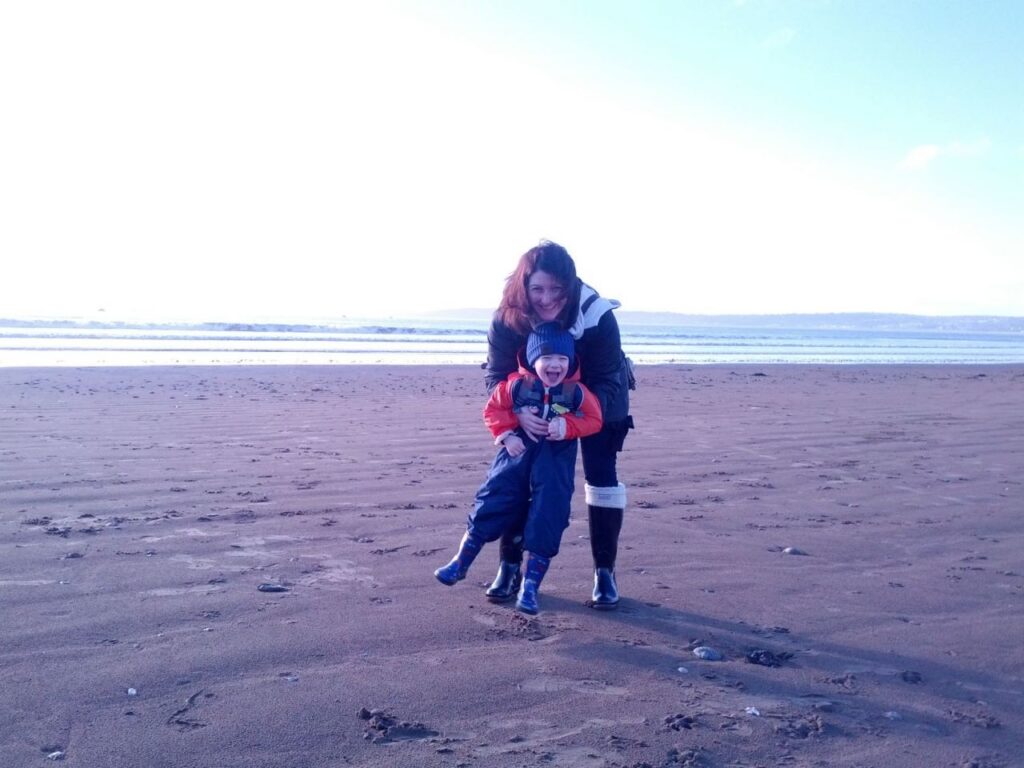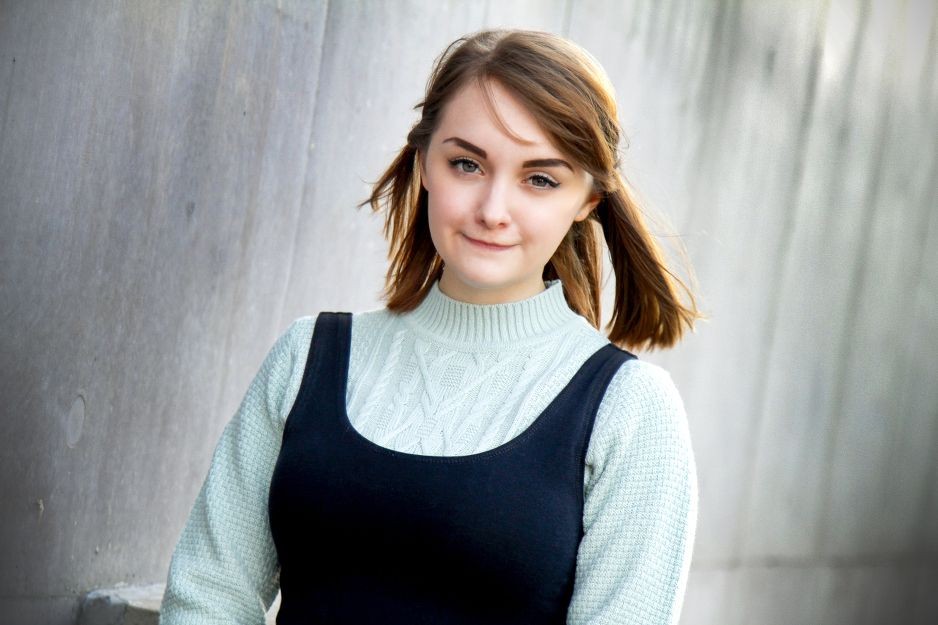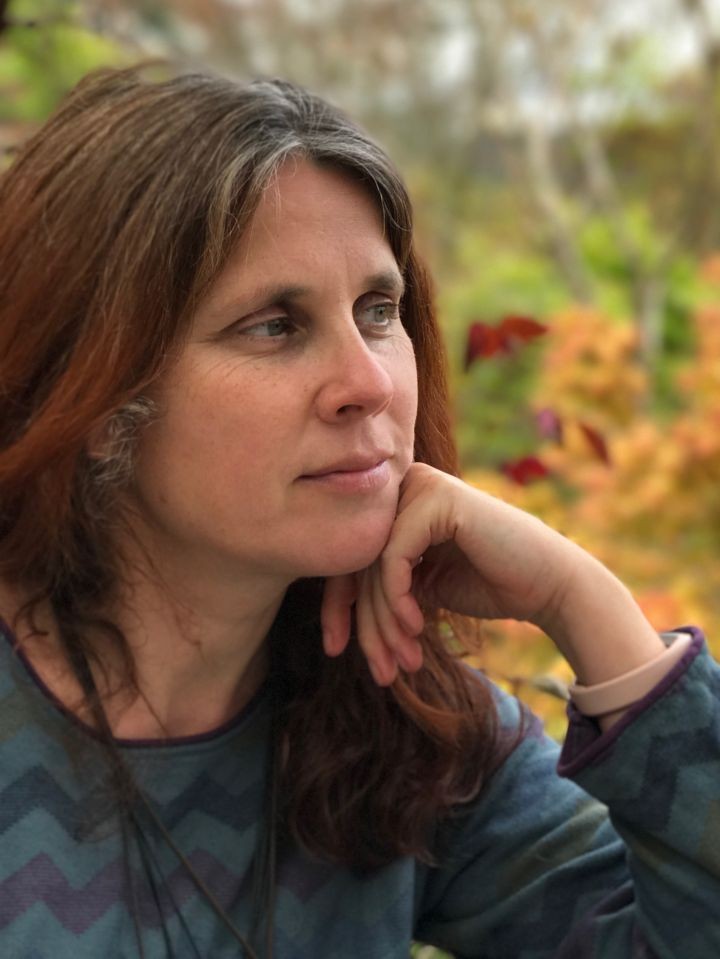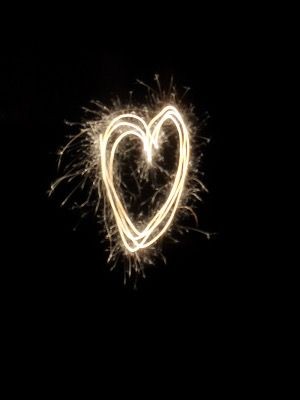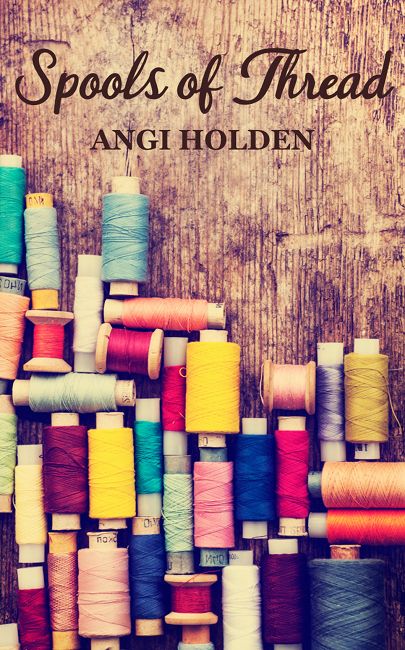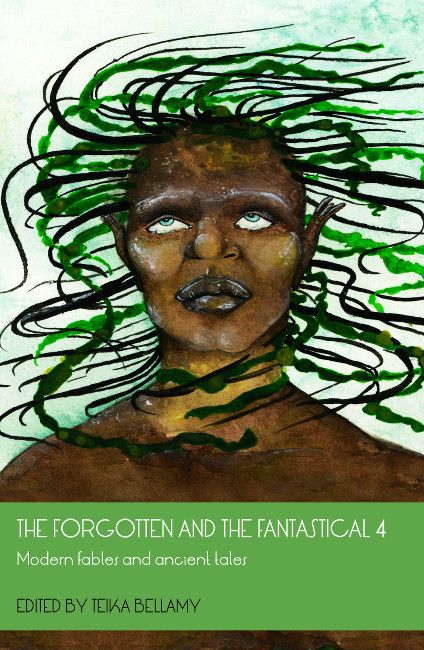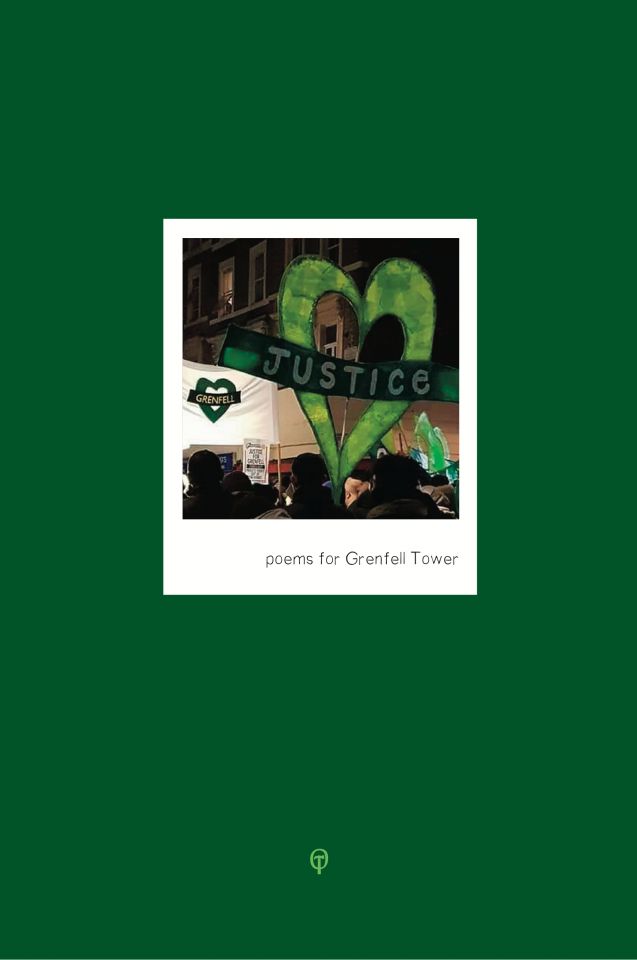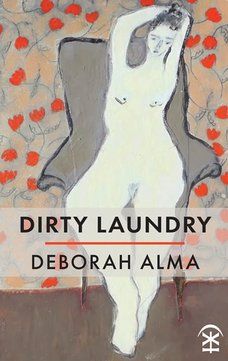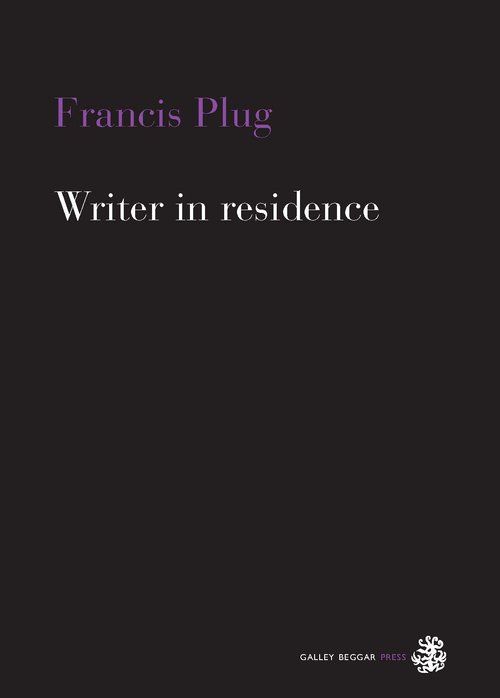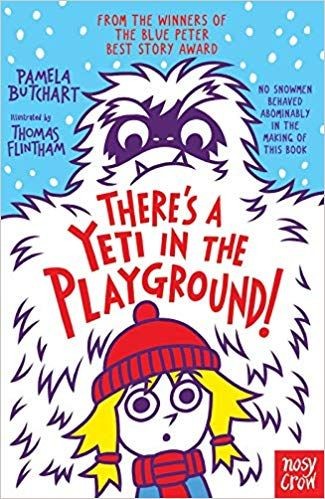As there is now only one week to go until the deadline for submissions for the Mother’s Milk Books Poetry Prize it’s about time that I shared this interview with Victoria Bennett, the non-fiction winner of last year’s prize. Many thanks to Victoria for taking the time to answer my questions with such insightful answers, and I hope it inspires the writers reading this to put pen to paper and enter our competition! (Below image courtesy Victoria Bennett.)
1. Can you tell us a bit about yourself?
My name is Victoria Bennett. I am a freelance writer and full-time mother to a free-range eleven-year-old learner. Originating from the borderlands below Scotland, I am the Founder of Wild Women Press, a women’s creative collective based in Cumbria using poetry and creative experiences as a force for positive change in women’s lives. I have worked for the last 25 years with women in the community, and online, using poetry for advocacy and action. My work focuses on the ways we tell, and retell, our personal narratives. My own poetry has appeared in print, online and even in the popular video game, Minecraft. I have published 4 pamphlets and performed live across the UK, from Glastonbury Festival to a Franciscan Convent.
2. How, when and why did you first start writing?
When I was five, I discovered my father’s collection of antique poetry books. At age six, the first poem I wrote began “Imagining the death of my father in heaven”. Perhaps things would have been different if I had found The Bunty instead of Byron? Eager to find other women’s voices in the poems I read, the first poetry book I bought with my own money was Dancing The Tightrope, published by The Women’s Press. It still falls open on my favourite poem from the anthology, which is ‘If My Life Could Be Simple’ by Caroline Griffin which starts: “I want to straddle the lashed boards straining on the waves.”
For me, writing, and in particular poetry, breaks through the longhand of life. It strives to make connections — with myself, others, and with the experiences we encounter in our very human lives. No matter how rough the waves are, or how much rubble there is, it finds the beauty in the messy stuff of living. At different points in my writing, my poetry has, at times, been disregarded as “too personal”, “too confessional”. I do write as a woman and a human being. I am not afraid of writing from the raw centre of life. I know that I am closer to the truth of who I am because of writing through my life and I am a stronger woman for it. I want my writing to be brave, to continue to say the things we don’t say and find that beauty, so that when needed, they can help others be brave too.
3. How often do you write?
I am a full time mother, carer, home educator, mentor, and freelance creative producer. Often, I haven’t had as much time as I would like to “being a writer”, though the words have always been there. In 2018, I made active decisions to change that and I am continuing to do so.
4. What made you decide to enter the Mother’s Milk Books Writing Prize?
I really like what Mother’s Milk Books do, and I wanted to contribute to that conversation. In the last 14 years, I have lost four members of my close family to cancer, drowning, and suicide. I have experienced the loss of a child, and then watched my only living child nearly die at age two. I have been a full-time carer for my son, and I have nursed my mother through terminal cancer to her death. My writing during that time has inhabited the spaces and edges of that narrative. I had a body of poetry, sketches, and ideas, and decided that, should I see a platform that I felt would be a positive space to share these, that I would submit work. I decided to submit a short piece of non-fiction memoir.
5. How did it feel when you’d heard that you’d won?
Surprised! And grateful. I was surprised because I won the non-fiction prize. I have always focused on poetry, but decided that I would submit a non-fiction piece instead. It seemed important to do so. When I found out I had won, I re-read the email several times! It also felt like a moment to stand back and give thanks, because the piece I submitted was very close to my heart and it was the first public space it had been shared in. I was grateful that it had found such a respectful and positive space to land.
6. Can you tell us a little about your winning piece of writing?
My piece was about the day my oldest sister drowned in a canoeing accident and how that impacted my life. I was 7 months pregnant at the time with my only (and much longed for) child. The shock set off a chain reaction in my body to try and deliver the baby too early. Experiencing such an intense loss alongside the possible premature birth of my baby, and then the late stages of pregnancy, was something that affected me profoundly and changed me forever.
7. What are your writing plans for 2019?
I want to see what shape my writing takes, to stretch it further to that ‘best line’ and push the boundaries of how I deliver my work, and the spaces it can inhabit creatively, whether that is in performance, page, or on digital platforms such as video games and VR poetry films.
I have been working on a narrative non-fiction memoir, springing from this experience, and hope to find a home for it in 2019. I am also hoping to start a Creative Writing PhD later in the year, and I am researching old Norse culture and language. I continue to hope to find the right places to share my work, and develop my skill, reach new audiences, and grow a deeper insight into my actions, words, and choices — as a poet, and as a woman.
8. Any tips for writers?
Write because you want to. Write because you enjoy it. Write because it saves you. Write because you need to. Write because you are looking for answers or for questions. Write for whatever reason is yours, and in whatever ways are right for you. Then keep writing. Keep reading. More than this, keep being alive to your experiences and encounters, your perceptions, and the places and people you encounter. Don’t be afraid of sharing ideas, words, dreams, and celebrate your own successes and those of others, genuinely and with gusto. And if there are times in your life when you can’t write, be kind to yourself — all living is research and sometimes, all we can do is live. I didn’t write for two years after my sister died, not one word. It didn’t disappear. I just needed time to find my way back to it.You can read Victoria’s incredible winning non-fiction piece, ‘Axis’ here. And if you feel inspired to take part in this year’s Poetry Prize (and I’d really love it if you would!) please read the full guidelines here.
